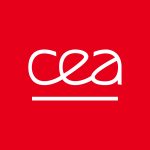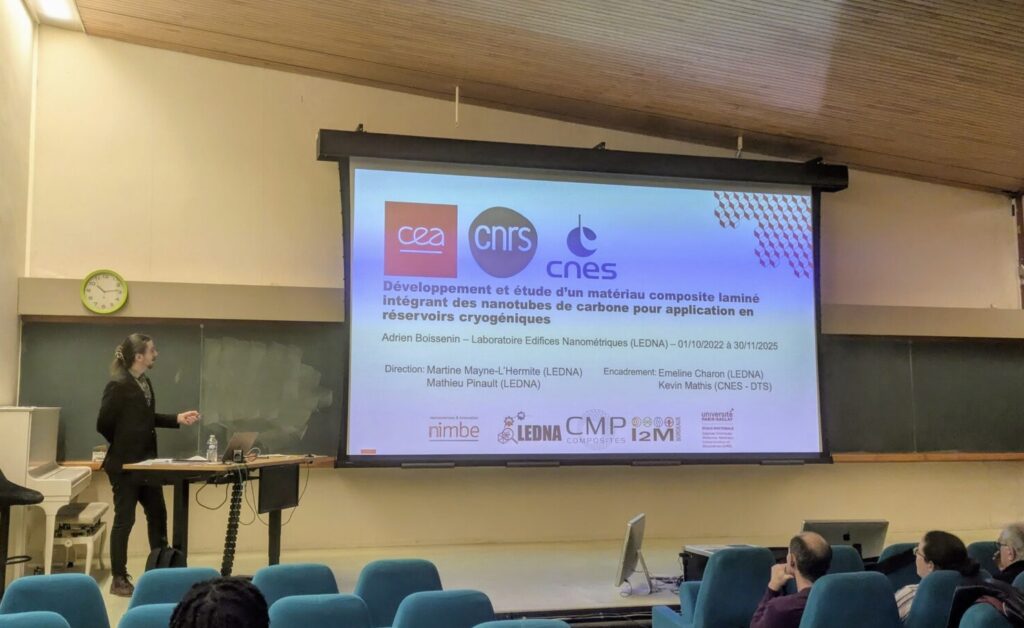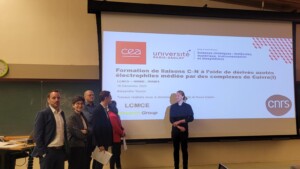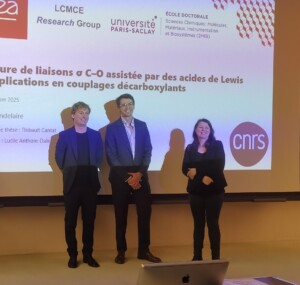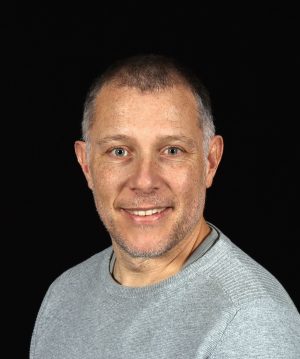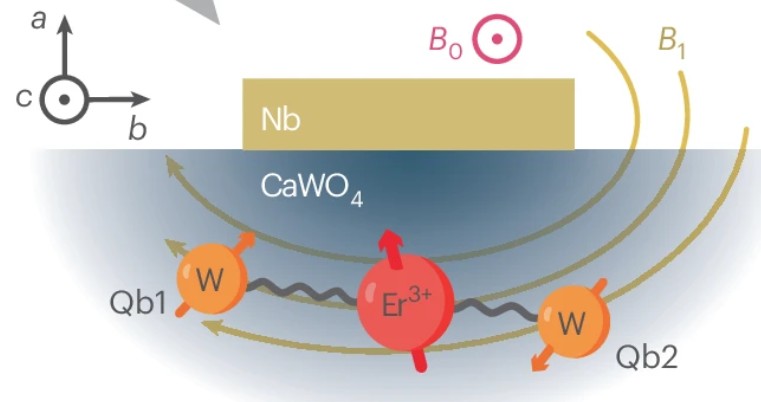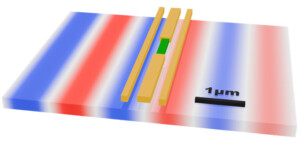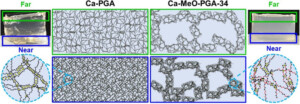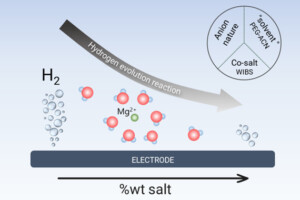Our research fields
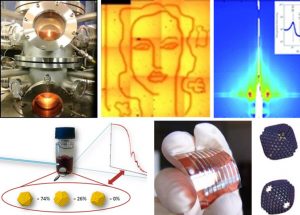
Our research topics in interdisciplinary fields
Techniques & Instruments
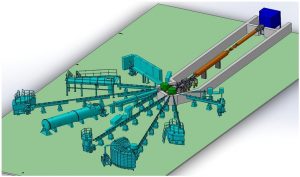
Experimental tools and platforms
Partnerships & Valorization

Our valorization projects, from fundamental research to industrial transfer
Join our teams

Join a scientific community open to international fundamental research and to the industrial world
News
-
Congratulations to Adrien Boissenin for his PhD from Université Paris-Saclay
On December 18, 2025, Adrien Boissenin defended his doctoral thesis entitled “Development and Study of a Laminated Composite Material Incorporating Carbon Nanotubes for Cryogenic Tank Applications”, supervised by Emeline Charon, Mathieu Pinault and Martine Mayne – Congratulations Adrien !

Agenda
-
Nanospace: Advantages and disadvantages of TOF-SIMS on a UHV FIB/SEM platform
02/02/202611:00-12:30 -
Artificial spin ice on the CaVO lattice: a bridge from square to kagome
04/02/202614:00-15:00 -
HDR : Semiconductor oxide–aqueous electrolyte interface for solar energy conversion
05/02/202614:00-17:00 -
2FDN call for proposals on SANS-LLB @PSI : 28/02/2026
28/02/2026
Highlights
-
Individual solid-state nuclear spin qubits with coherence times exceeding seconds
The development of scalable quantum processors requires qubits that combine long coherence times with efficient control and readout. Nuclear spins in solids are naturally well protected from environmental noise, making them promising candidates for long-lived quantum memories. The main challenge has been to manipulate and measure individual nuclear spins in a solid-state device. Researchers from…
Fundamental Research
The research carried out at the Institute is mainly fundamental in nature, but is also open to the creation of economic value and technology transfer.
CIMAP
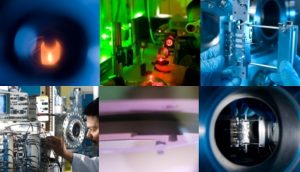
Located at GANIL, the thematics of CIMAP are :
Excited matter and defects – Materials and optics
LIDYL
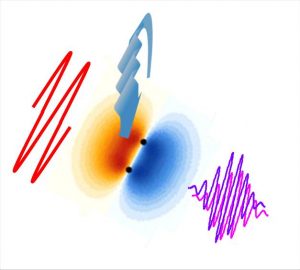
Interactions, dynamics and lasers
Generation and use of ultra-high intensity (UHI) or attosecond laser pulses…
LLB

New frontiers in quantum materials, Soft matter, Instrumentation and neutron scattering
LSI
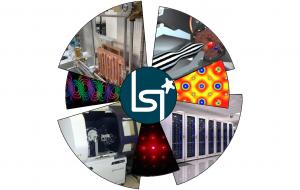
Fundamental research in physics and physical chemistry of materials – Irradiation – Theory and modeling
NIMBE
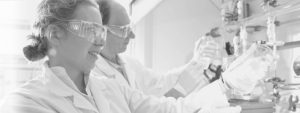
Designing, shaping and analyzing materials from the micron to the nanometer – Understanding physicochemical mechanisms
SPEC
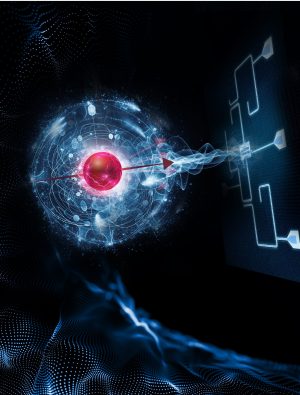
Condensed-state physics and nanoelectronics,
Quantum devices and electronics, Complex systems
Missions and challenges for society
The fundamental research carried out by the teams of the six IRAMIS units is also in line with the following missions defined by their supervising organizations (CEA, CNRS, University, etc.).

Energy
New energy technologies

Numerics and model

Health and Medicine of the Future

Security

Research around large infrastructures – IR*
Last publications
Find out about our researchers’ scientific publications
Key figures
- 765 people
- 160 PhD students
- 80 external collaborators
- 9 joint laboratories with industrial companies
- 7 start-ups, 6 licences, 150 active patents
765
People
80
External collaborators
9
Joint laboratories
with industrial companies
160
PhD students
Research projects
PEPRs, Large-scale European projects
Social issues and responsibilities
Open science, Scientific integrity, Decarbonation
Knowledge spreading
The Iramis research teams regularly organise scientific conferences at a national level
Quality of life
At the heart of the Paris-Saclay plateau, …
